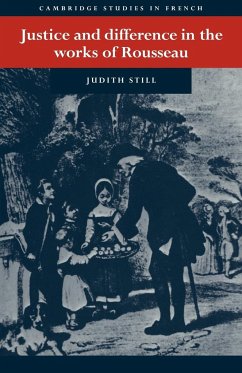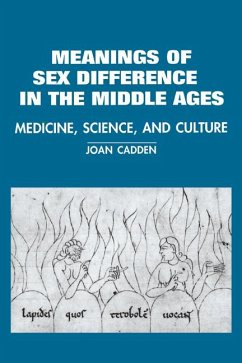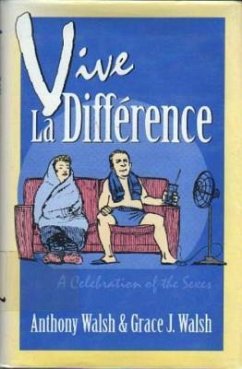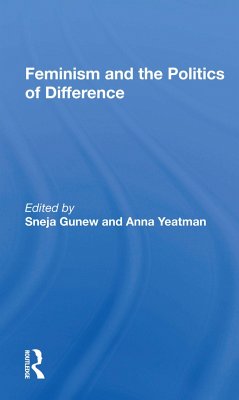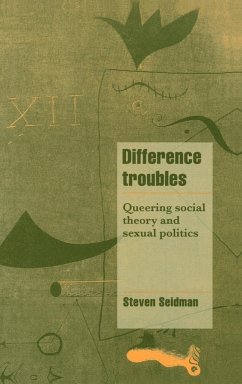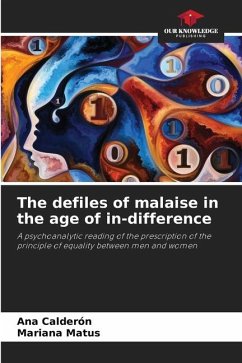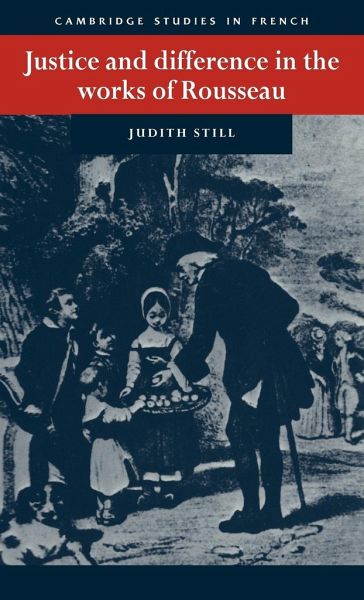
Justice and Difference in the Works of Rousseau

PAYBACK Punkte
56 °P sammeln!
According to Rousseau, the best possible relationship between unequals is one of 'beneficence', giving, receiving and repaying benefits. This book addresses the problem implicit in his writings of whether it is indeed possible for a just and generous relationship to exist between non-equals. Judith Still draws together issues in Rousseau's work which are often treated in isolation: the state, just relations between individuals, the genealogy of passions, sexual politics and the constructing of a feminine identity. Using techniques of reading drawn from literary theory, particularly from the wo...
According to Rousseau, the best possible relationship between unequals is one of 'beneficence', giving, receiving and repaying benefits. This book addresses the problem implicit in his writings of whether it is indeed possible for a just and generous relationship to exist between non-equals. Judith Still draws together issues in Rousseau's work which are often treated in isolation: the state, just relations between individuals, the genealogy of passions, sexual politics and the constructing of a feminine identity. Using techniques of reading drawn from literary theory, particularly from the work of Derrida, de Man and Starobinski, she analyses the conceptual underpinnings of Rousseau's ethics, and the gaps and contradictions in his works, to argue that ultimately it is sexual difference, constructed defensively as a fixed, hierarchical opposition, which disturbs the practice of beneficence. She shows how Rousseau's reworking of the classical inheritance in a revolutionary historical moment, his peculiar combination of Enlightenment rationality and near-pathological sensibility, and his oscillating self-identification with virility and femininity, are reflected in this important aspect of his political and ethical theory.





